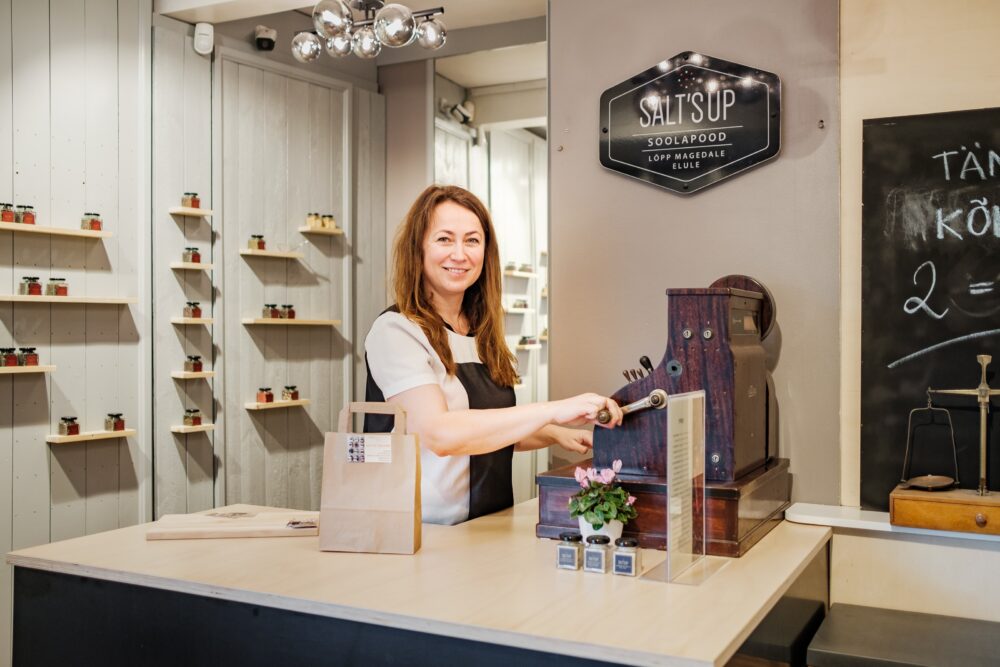Sustainability is becoming the norm when it comes to food and beverage supply practices. Therefore, as a business in this market, it is essential to respect the environment and operate with a good moral compass with regard to your ethics and your responses.
This post explores how to invoke sustainability within your food and beverage company.

Sustainable Practices
The first place to start is by looking at the wider picture. Your company operates on different levels and to be truly sustainable, it is imperative to micromanage every step of the process.
Growing
Be mindful of where you (or your supplier) grow and cultivate the food source. An environmentally friendly growth site respects the local community, doesn’t detract from the biodiversity’s ability to flourish, has fair wages for workers, and uses eco-focussed fertilisers and farming methods.
Packaging
There has been a definite call for a move away from plastic packaging – something that is a leading cause of harm across the globe, not just in the oceans but in the use of resources as well. It is incredibly difficult to recycle plastic and it has a big carbon footprint. Green packaging is moving away from plastic-based materials and turning instead to recyclable sources like cardboard.
Pricing
Pricing pertains to several things. Firstly, how you pay wages and how you pay suppliers. Secondly, how do you price your products in your supply chain? Of course, it depends on where and who your market is. However, fair pricing is the crux of sustainable practice. There is no point in pricing yourself out of business through unfair limitations on niche markets.
Know Your Area of Impact
A part of the research process is to figure out precisely what your industry is and how you reach it. When you know the facts, you can project them into your business plan. You can factor in things like local wildlife considerations, native residents, growth patterns, and the carbon footprint impact of your work. Local farms and local produce keep small communities thriving. They are also more likely to farm more holistically and to use non-toxic, environmentally-friendly pesticides on produce.
How to Manage Ethical Practices on a Bigger Scale
If your business is expanding, you may be looking at how to reach out into the global market. Perhaps you already have connections through your supply chain, or maybe your business has grown exponentially and it is time to expand. If you need support getting started with putting your business in the wider world, consider using a professional support network like Greenseed, a food marketing agency with global reach. They can enable your vision to take shape and have decades of relevant experience in this area.
It is easy to be sustainable if you are respectful of the process. Businesses should be mindful when moving forward that every aspect of their journey encompasses eco-focussed policies in order to stay relevant and sustainable and help the world be a better place. There is so much benefit in reaching out to local communities too.




















